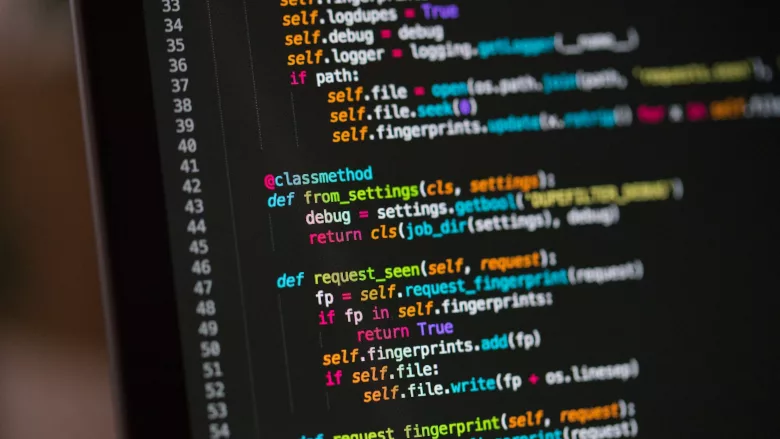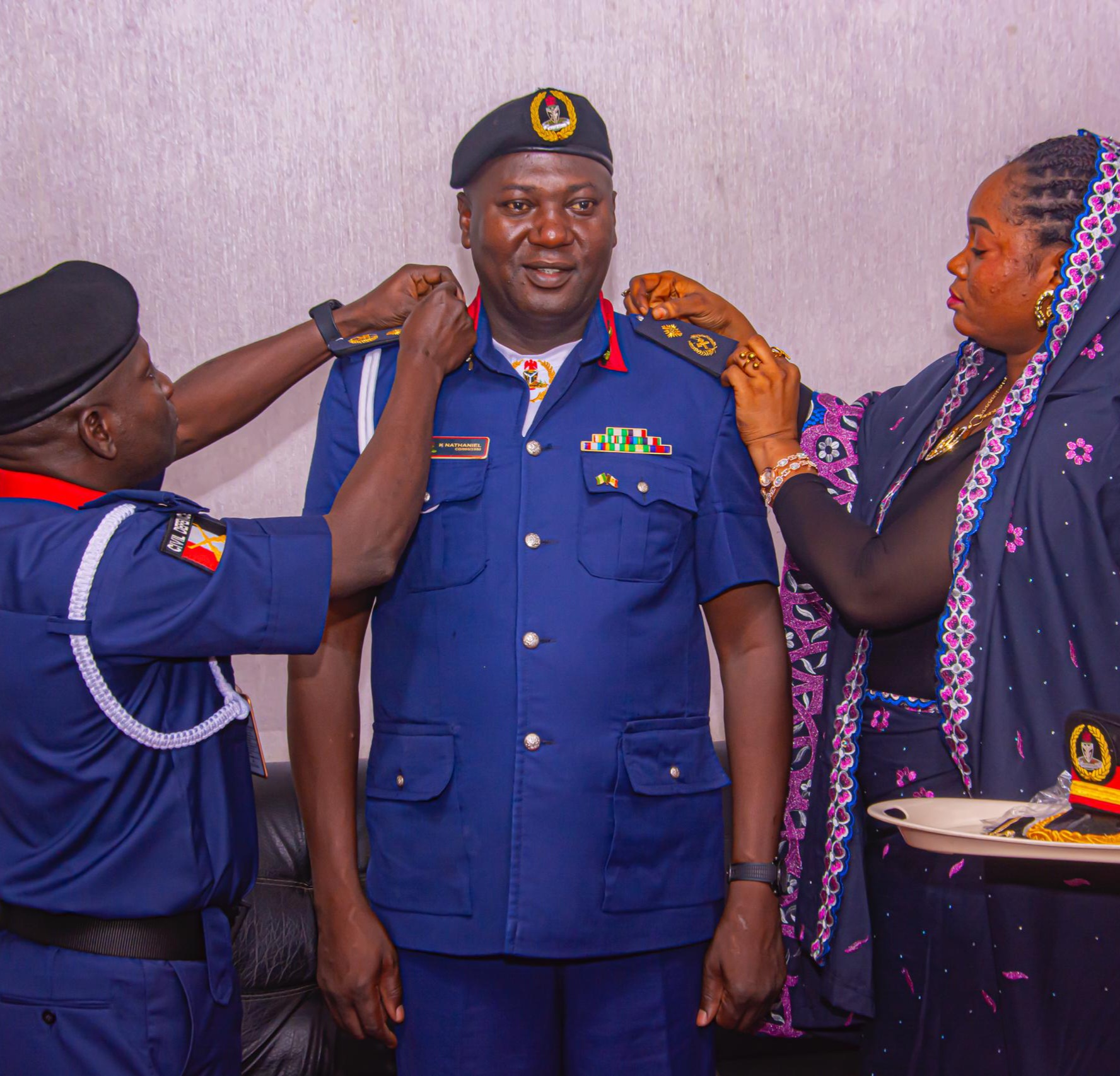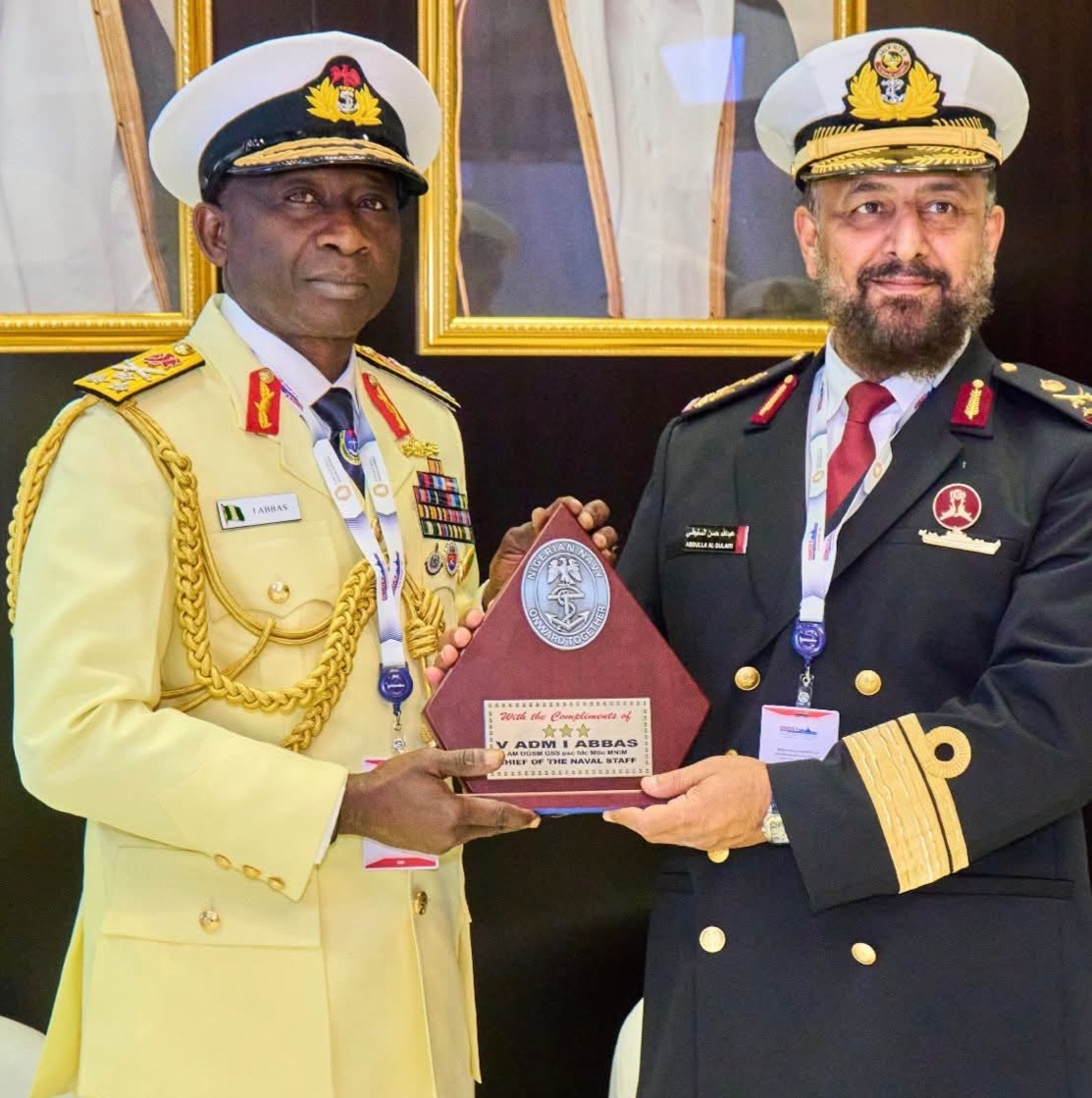
By Isiaka Mustapha, CEO/Editor-In-Chief, People’s Security Monitor
In what has become a deeply troubling episode for Nigeria’s aviation security ecosystem, popular Fuji musician Wasiu Ayinde Marshal, popularly known as K1 De Ultimate, found himself at the centre of a scandal that has sparked public outrage and institutional concern. The incident unfolded at the Nnamdi Azikiwe International Airport, Abuja, as Ayinde attempted to board ValueJet flight VK201 bound for Lagos,an act that has since been widely condemned for its security implications and perceived disregard for established aviation protocols.
According to multiple reports, Wasiu Ayinde approached the aircraft while it was taxiing—a critical phase when pilots are fully engaged with navigation and communication. His intrusion onto the tarmac, where he reportedly moved dangerously close to the aircraft, is a severe violation of airport safety regulations. At this stage, any obstruction, intentional or not poses grave risks, not only to the individual involved but to the lives of the crew and passengers onboard.
What worsened the breach was Ayinde’s possession of a liquid-filled flask, believed to contain alcohol, which he attempted to take aboard. Airport security personnel flagged the item, but Ayinde allegedly resisted compliance with security checks. This combination of noncompliance, physical intrusion, and possession of unverified liquids violated multiple levels of Nigeria’s Civil Aviation Authority protocols and the International Civil Aviation Organization (ICAO) standards.
Airport operations are built on the backbone of precision, control, and trust. Any act of intrusion, particularly by unauthorized persons during active aircraft movements, undermines that framework. The implications of this breach are profound. Firstly, there is the immediate threat to passenger safety. Taxiing aircraft are not designed to maneuver around pedestrians. Ayinde’s presence near the plane created an unanticipated variable, potentially placing him and the passengers at risk of a catastrophic accident. Secondly, operational disruption was inevitable. The incident delayed boarding and flight departure, forcing the flight crew to pause critical procedures and call for security reinforcement, an avoidable distraction in a tightly controlled environment.
Thirdly, it sets a dangerous precedent. As a celebrity with significant public influence, Ayinde’s behavior risks normalizing non-compliance. If left unpunished, it could embolden others to flout airport security in the name of status or entitlement. Lastly, the incident reflects poorly on airport management and security personnel, especially in an era where global safety benchmarks are closely monitored. It signals a weakness in access control and crowd management at one of Nigeria’s busiest airports.
The Federal Airports Authority of Nigeria (FAAN) promptly issued a strongly worded statement, decrying the act as “irresponsible” and a violation of Nigeria’s Aviation Security Programme (NASP). It affirmed that no passenger regardless of status would be allowed to endanger flight operations, and vowed to investigate and apply appropriate sanctions.
Public reactions have been swift and divided. While many have condemned Ayinde’s conduct, a few of his fans attempted to deflect blame onto airport staff. However, security experts and aviation observers have rallied behind FAAN, calling for punitive deterrents to prevent future occurrences.
Legal and regulatory frameworks governing aviation security in Nigeria provide several avenues for penalizing such behavior. FAAN can recommend that ValueJet or other carriers ban Ayinde from boarding future flights for a specified period. Under Nigeria’s Civil Aviation Act and ICAO guidelines, individuals who breach restricted zones or resist security screenings may face criminal prosecution, including imprisonment or hefty fines. Beyond legal consequences, Ayinde could be compelled to issue a public apology and undergo mandatory aviation security education, especially given his influence.
The incident also raises questions for the Nnamdi Azikiwe International Airport management. How was Ayinde able to bypass protocol and approach a taxiing plane? Were lapses in crowd control, VIP access management, or staff intervention factors in this breach? FAAN and relevant agencies are expected to review internal SOPs, enhance surveillance protocols, and ensure training reinforcement for personnel handling high-profile passengers.
This episode should not be dismissed as a celebrity gaffe. It represents a critical moment for Nigerian aviation on the need to balance VIP treatment with non-negotiable security standards. Wasiu Ayinde’s behavior, though isolated, must be treated with the seriousness it deserves.
In aviation, a split second of disorder can cost hundreds of lives. The lesson here is simple: no one is above the rules. Celebrity or not, safety must never be compromised at 30,000 feet or on the ground.






